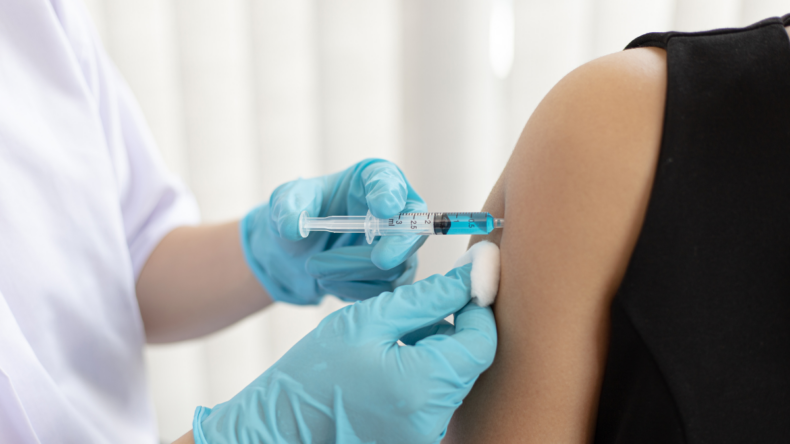The Supreme Court ruled that no one can be forced to get a vaccine, but that the government can impose some limits in the public interest.
Why this Judgement?
The Supreme Court was considering a petition challenging the requirement of the COVID-19 vaccine.
Many state governments, including Delhi, Madhya Pradesh, Maharashtra, and Tamil Nadu, put restrictions on those who had not been vaccinated.
These limits are not “proportionate,” according to the Supreme Court because no meaningful data has been presented to prove that the risk of COVID-19 transmission from unvaccinated people is higher than that from vaccinated people.
The Supreme Court made it clear in a significant judgement that no person may be forced to take any vaccination, but that the government can impose some limits in the interest of the community.
“Considering personal autonomy, physical integrity is guaranteed under article 21,” a panel of Justices L Nageswara Rao and B R Gavai wrote in their decision on the petition challenging obligatory Covid-19 vaccination mandates as unconstitutional. Vaccination cannot be forced upon anybody. The government, on the other hand, can control in areas of physical autonomy.”
The Supreme Court ruled that some state governments’ restrictions on unvaccinated people’s admission to public places are arbitrary and should be repealed in the current climate.
“As long as Covid numbers are low, no limitations should be established on persons’ access to public locations,” the bench said, adding that such restrictions should be revoked if they are already in place.
The court said that the Centre’s existing Covid-19 vaccination policy cannot be described as plainly arbitrary and unjust.
“Any challenge to the writ petition’s maintainability is not likely to be entertained by us.” The court has the authority to investigate the policy in question for violations of personal autonomy and physical integrity,” the court said.
The court also ordered the Centre to post reports of vaccine-related adverse events on a publicly accessible basis without jeopardising the privacy of those who submit them.
The Supreme Court’s momentous decision comes at a time when the number of Covid-19 cases across the country is once again on the rise. On Monday, India recorded a single-day increase of 3,157 illnesses and 26 fatalities, according to figures from the Union Health Ministry. After a two-month hiatus, the optimism rate surpassed 1% once more.
Read Also – Amid a rise in COVID cases, South Africa warns of ‘fifth wave’












